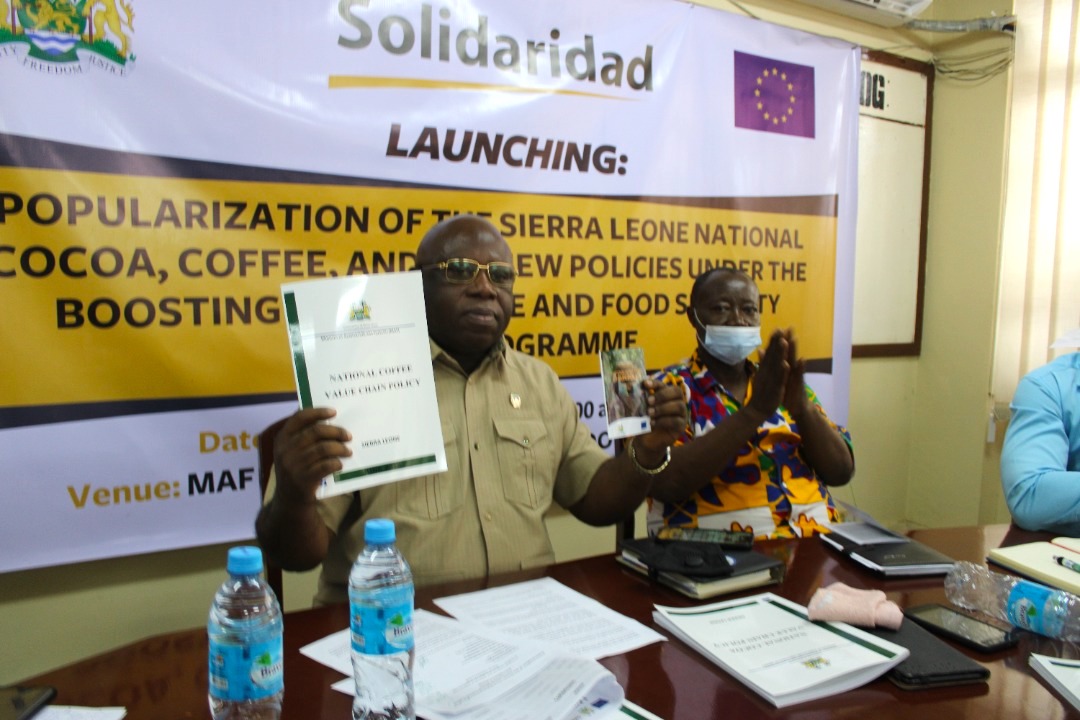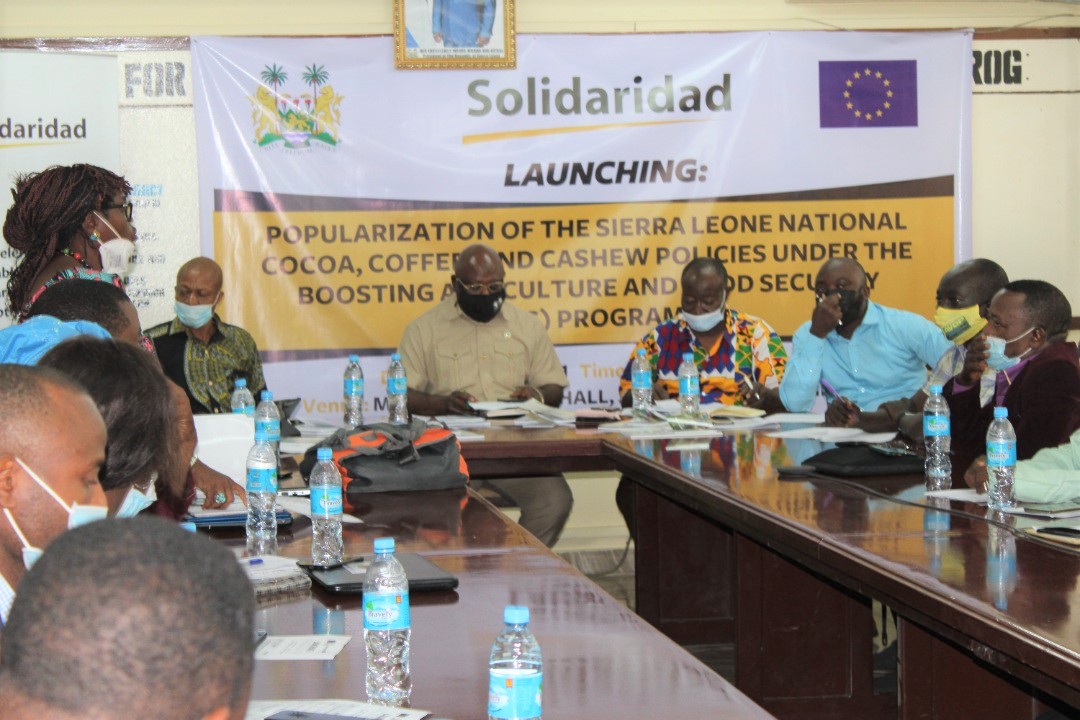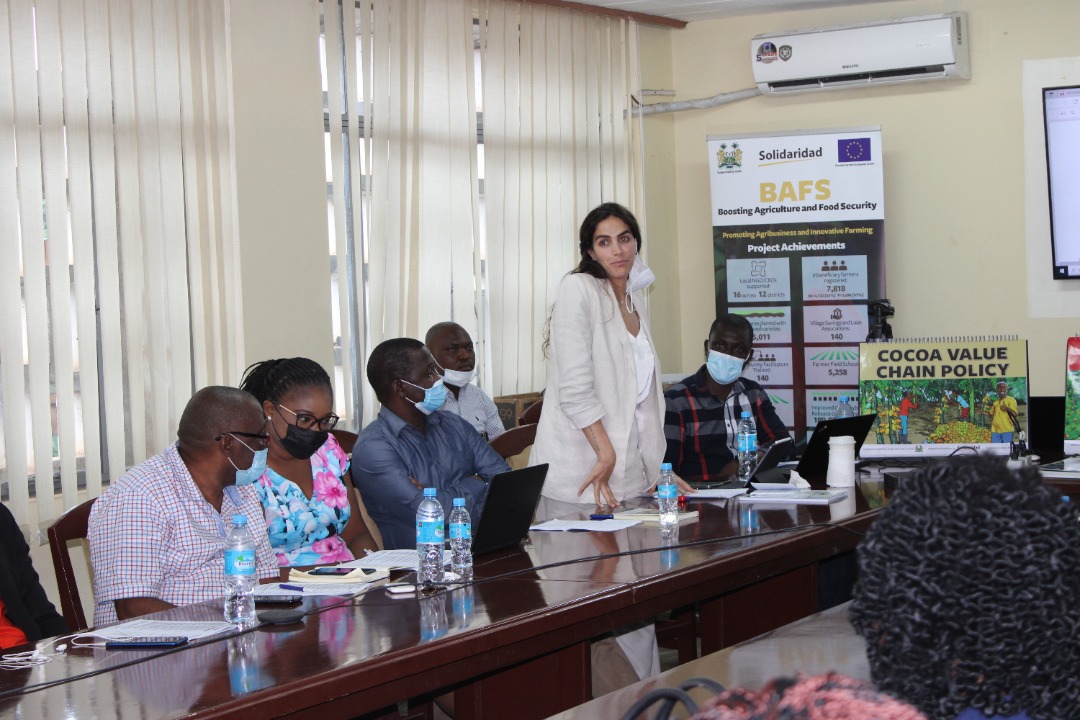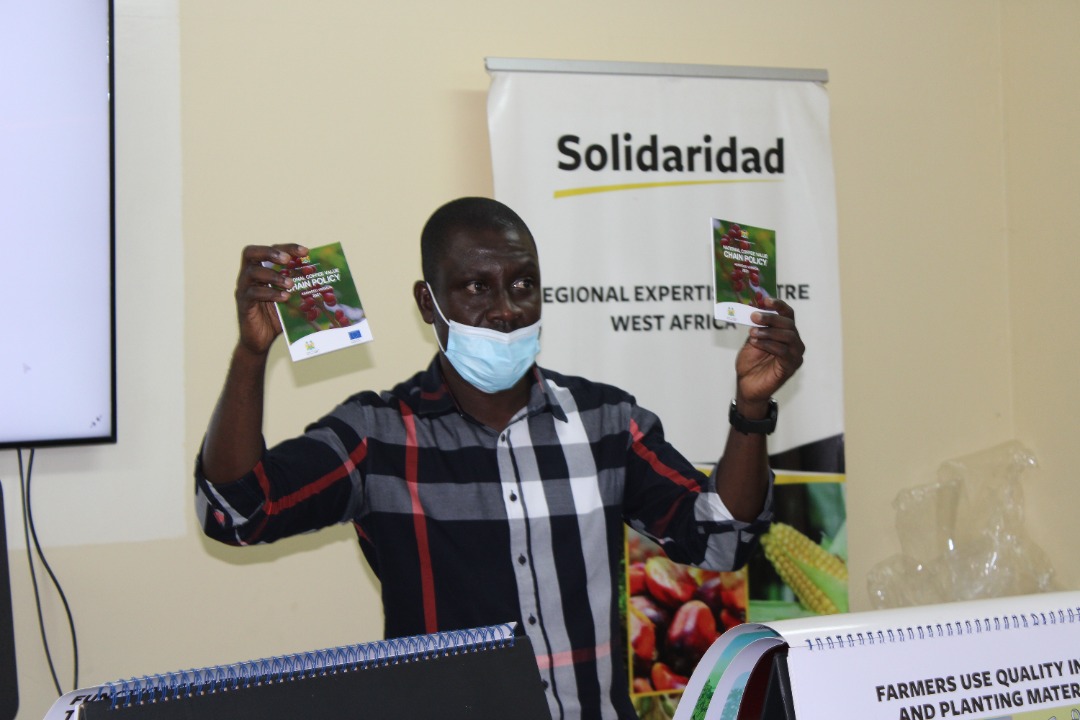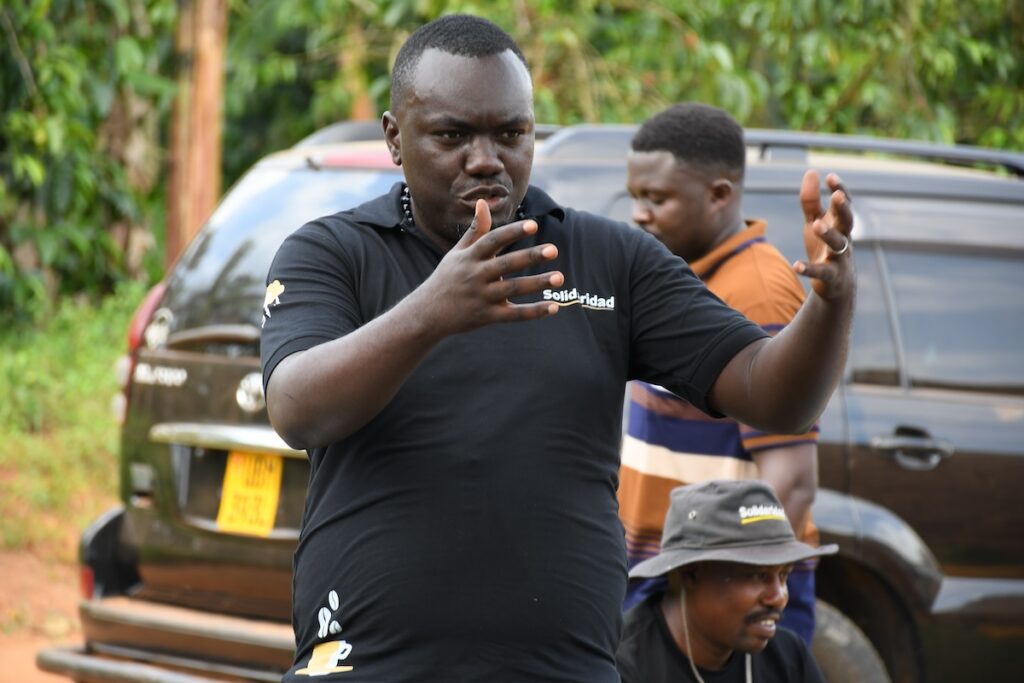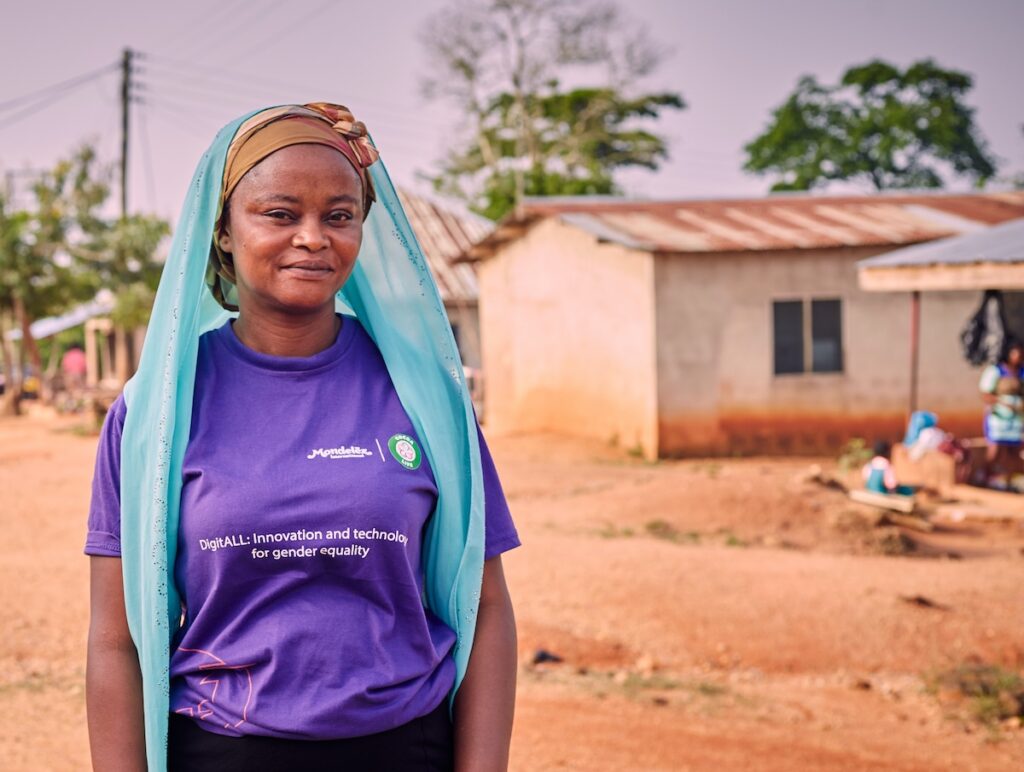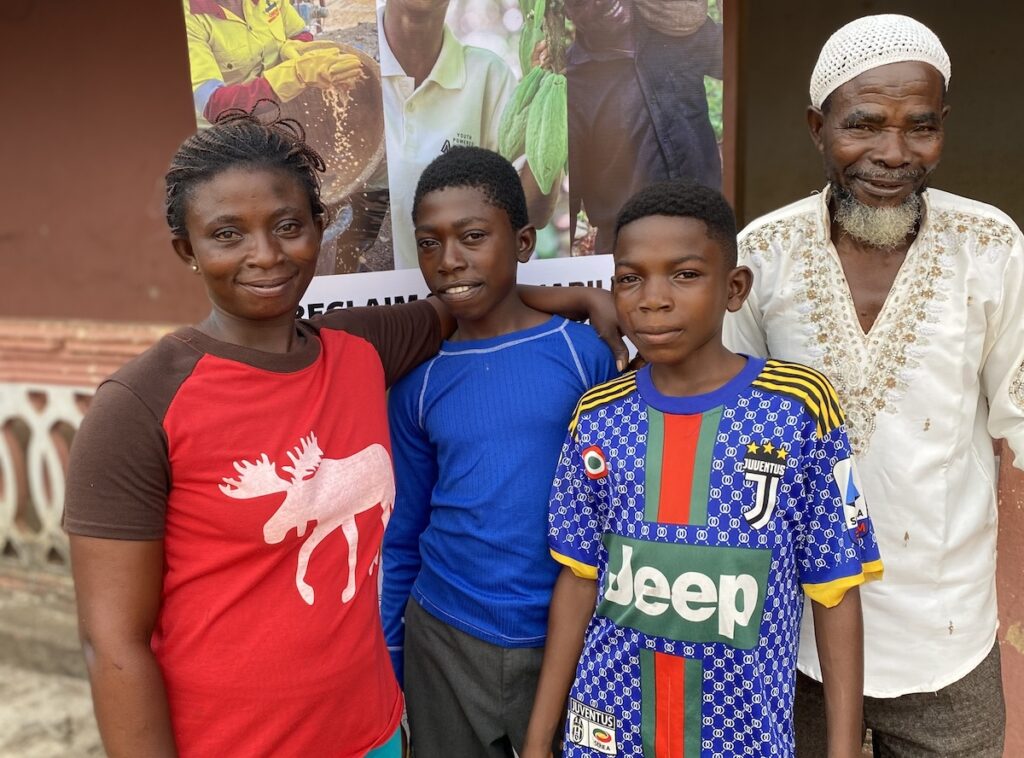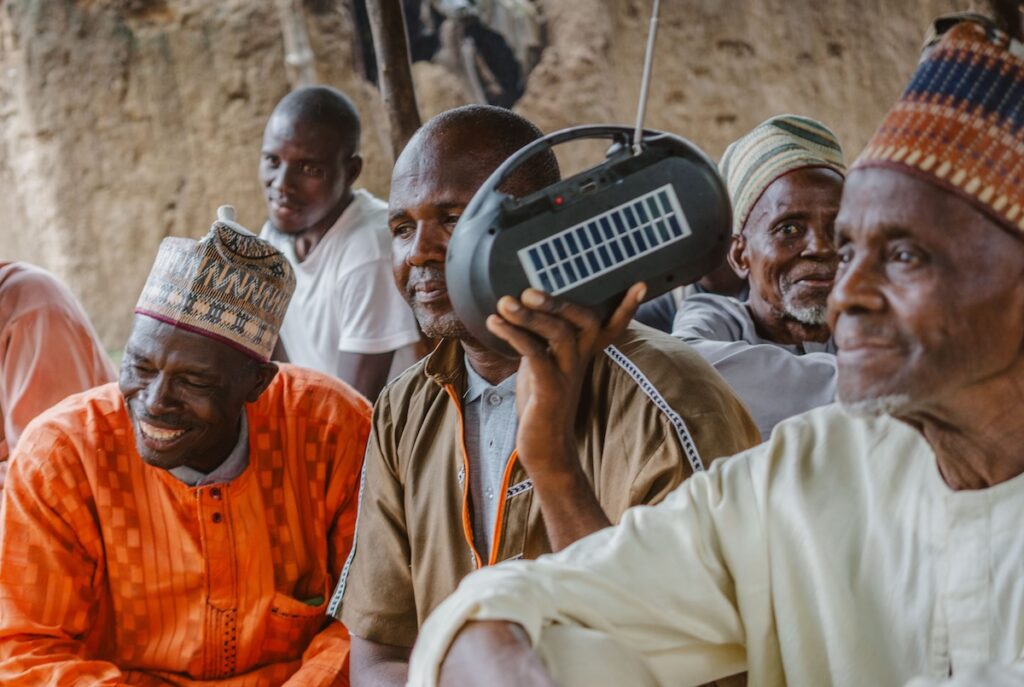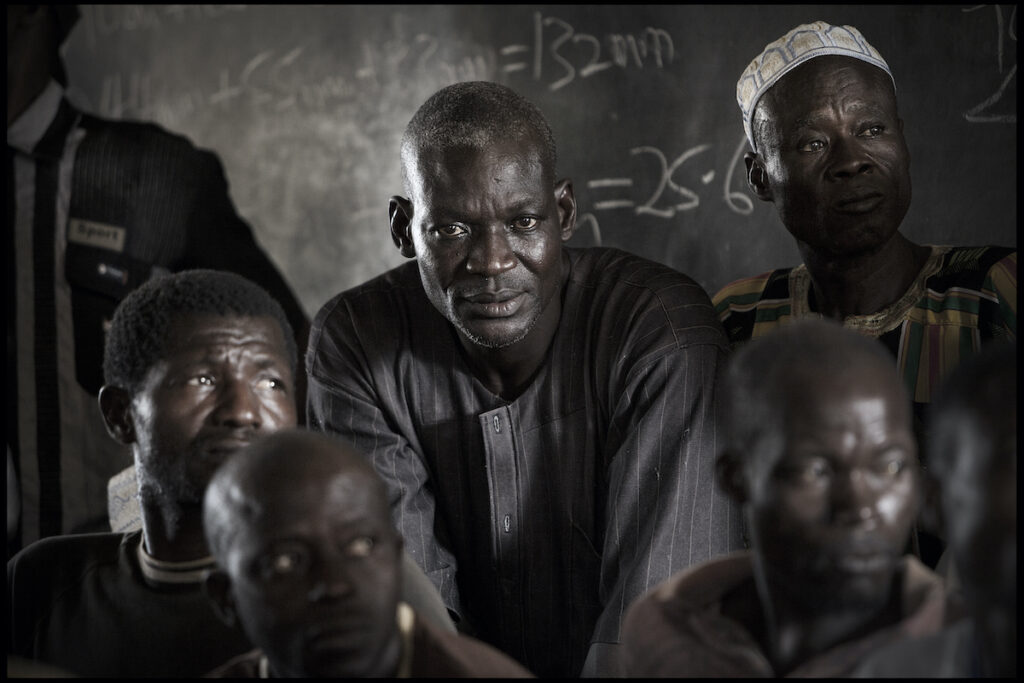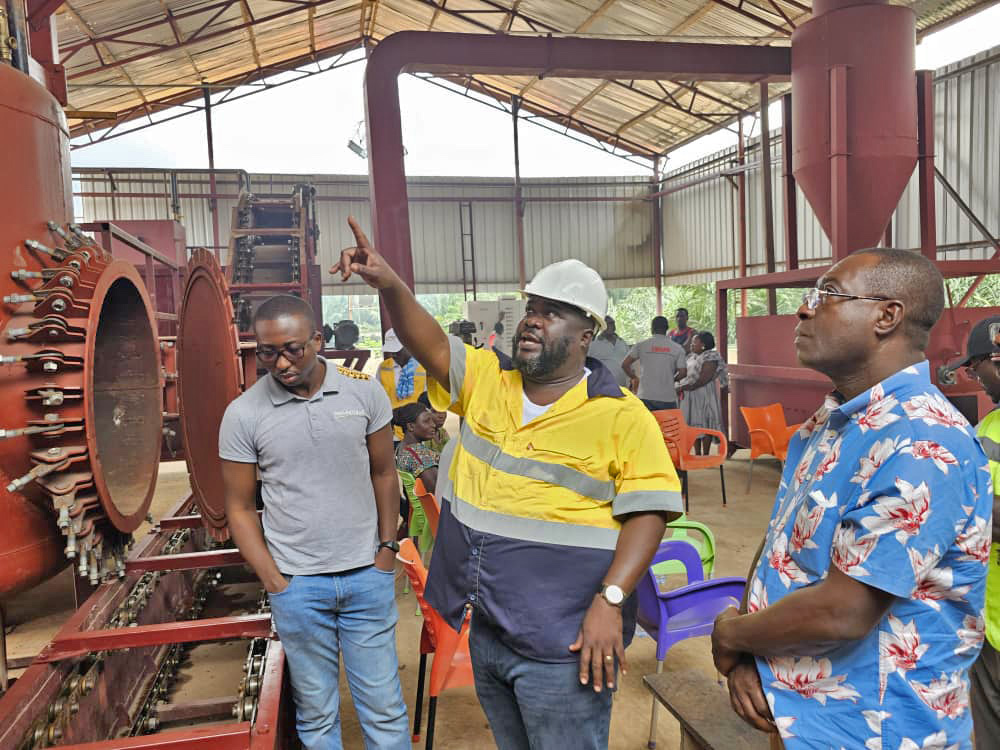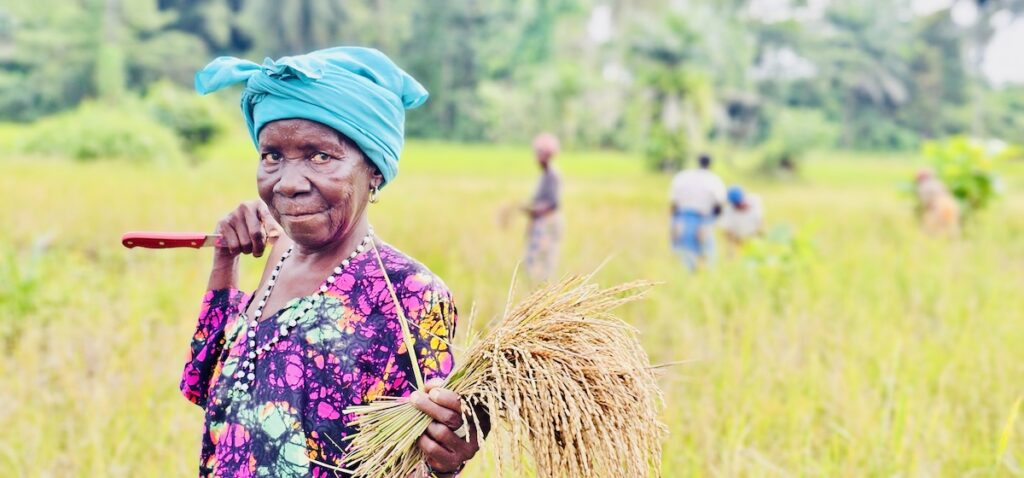The policies, which were developed as part of the implementation of the Boosting Agriculture and Food Security (BAFS) project, funded by the European Union Delegation in Sierra Leone, outline strategies for tapping the full potential of the crops by improving farmers’ incomes and livelihood, creating jobs, addressing food security deficit, and boosting farmers’ sustainable production capacity.
Solidaridad, in partnership with the ministry and the BAFS Project Coordination Unit, is facilitating the popularization of the cocoa, coffee and cashew policies across all sixteen districts of the country.
Solidaridad also developed abridged versions of the policies and information, education and communication materials for wider dissemination.
Speaking at the launch in the capital, Freetown, on July 13, 2021, the Minister of Agriculture and Forestry, Dr Abu Bakarr Karim, said the policies will serve as a framework for the ministry and its partners to design and implement sustainable and competitive value chain programmes in Sierra Leone.
The ministry has taken robust actions to popularize the three policies and establish appropriate trade regulations that will enhance participation and competition in the international market, including research, quality control and traceability.
Dr Abu Bakarr Karim, Minister of Agriculture and Forestry
He thanked the European Union, Solidaridad and other stakeholders for working closely with the ministry.
As part of the popularization activities, Solidaridad and the Cotton Tree Foundation organized a training workshop in March to equip 15 district agriculture officers to champion the exercise. The officers will be engaging farmers and community stakeholders in their districts across the country.
Solidaridad Country Representative for Sierra Leone, Nicholas Jengre called on donor agencies to provide funding to facilitate the implementation of the policies towards building the supply chains to their fullest potential.
“Solidaridad is pleased to be facilitating the popularization exercise towards poverty reduction, food security and sustainable production for farmers and producers’ organizations,” Nicholas said.
For his part, the European Union Project Manager, John Abu-Kpawoh, who spoke on behalf of the Delegation said even though tree crops are important sources of income and employment for rural populations, particularly for small-scale farmers who grow most of the world’s cocoa and coffee, most tree crops growers continue to live in poverty.
He said for the policies to achieve the required results it will need the coordinated efforts of all stakeholders, strong government support and an enabling environment, where all resources for agriculture are prioritised in line with investment in agriculture.
“We are committed to build a resilient Sierra Leone through improved food and income security. I am confident that the country will greatly benefit from our cooperation under the BAFS project.”
The Union funded the National Cocoa, Coffee and Cashew Policies, which was developed in 2019 through a participatory and inclusive process involving the European Union Delegation, Solidaridad, the BAFS Technical Assistance Team and Project Coordination Unit, the Ministry of Agriculture and Forestry, Ministry of Trade and Industry, Produce Monitoring Board, farmers, and the private sector.

